Friday, 27 February 2026

June 8, 2018 | Science News
Research Links High Vitamin D levels to Lower Cholesterol in Children
Lifestyle factors, such as healthy diet, physical activity, and spending time outdoors leading to the production of vitamin D in the skin, may be linked to both higher serum vitamin…
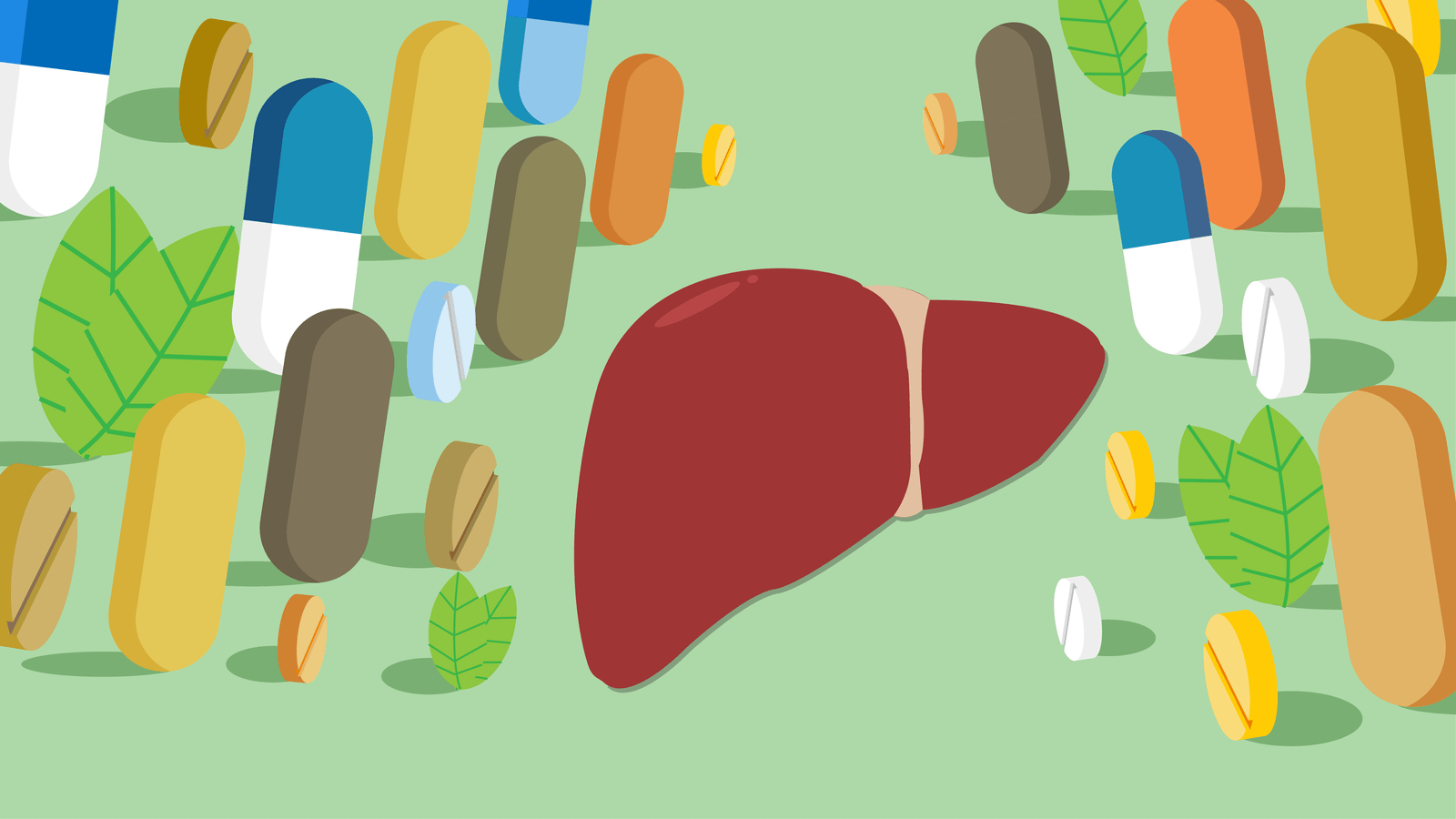
June 7, 2018 | Science News
Researchers offer Insights into Liver disorder because of Intravenous nutrients
Dr. Karim C. El Kasm, assistant professor of pediatrics, and Dr. Ronald Sokol, professor of pediatrics, are authors of an article in the April 2018 Nature Communications that sheds light on the…
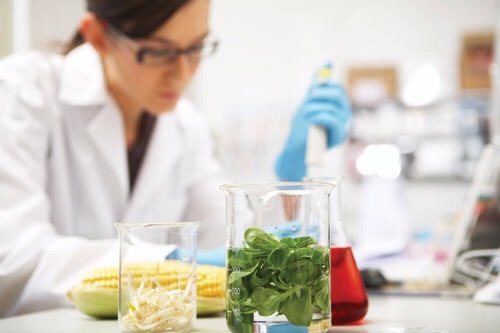
June 6, 2018 | China
Researchers turn food waste into fertilisers
The research team has invented an anaerobic digester system that recycles food scraps to produce electrical energy and heat. Researchers at the National University of Singapore (NUS), in collaboration with…

April 24, 2018 | Science News
Drinking affects mouth bacteria linked to diseases
Possible explanations for drinking-related microbiome imbalances, Ahn says, could be that acids in alcoholic beverages make the oral environment hostile for certain bacteria to grow. Singapore – When compared with…
March 7, 2018 | Science News
US scientists develop a smartphone app to prevent food poisoning
The UMass scientists say several food processing companies have contacted them since the research went public last month. But they’re still several years away from market. In order to make…
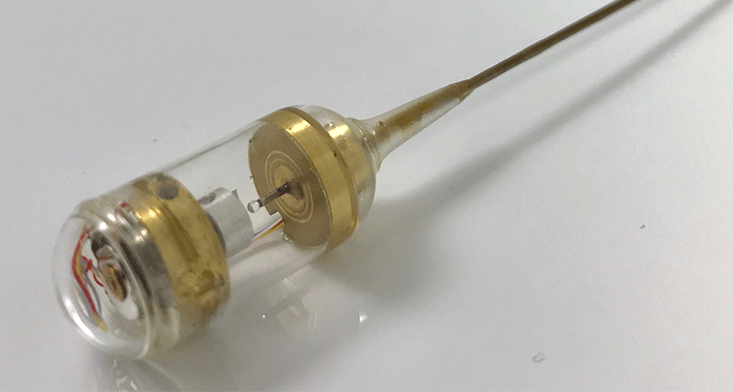
February 16, 2018 | Science News
Researchers in Karachi develop a device to study malnutrition
Shaped like a transparent pill, the ingestible device contains a high-resolution infrared system that captures microscopic images of unusual tissue patterns in the stomach and intestine. A group of researchers…
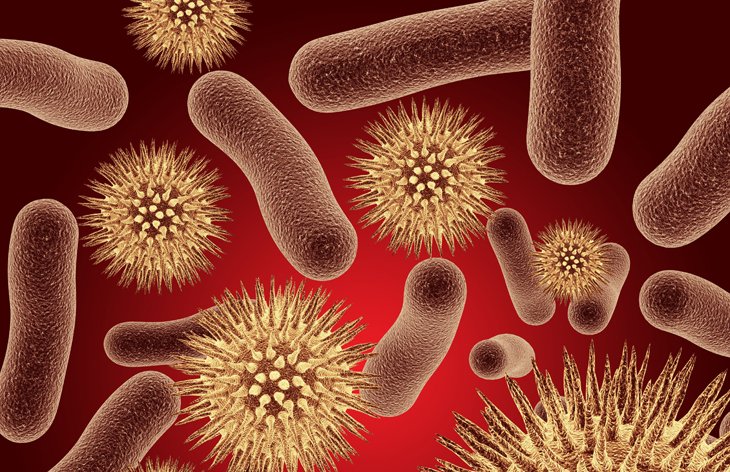
January 24, 2018 | Science News
Scientists in US develop tool to detect food contamination
The team has designed a sensitive and reliable bacteria-detecting chip that can test whether fresh spinach or apple juice, for example, carry a bacterial load. Scientists at the University of…

January 23, 2018 | Science News
Researchers in Singapore use broccoli for beating bowel cancer
The team has developed a probiotic using a genetically engineered version of E. coli Nissle, a harmless Gram-negative strain of bacteria found in the gut. Researchers at National University of…
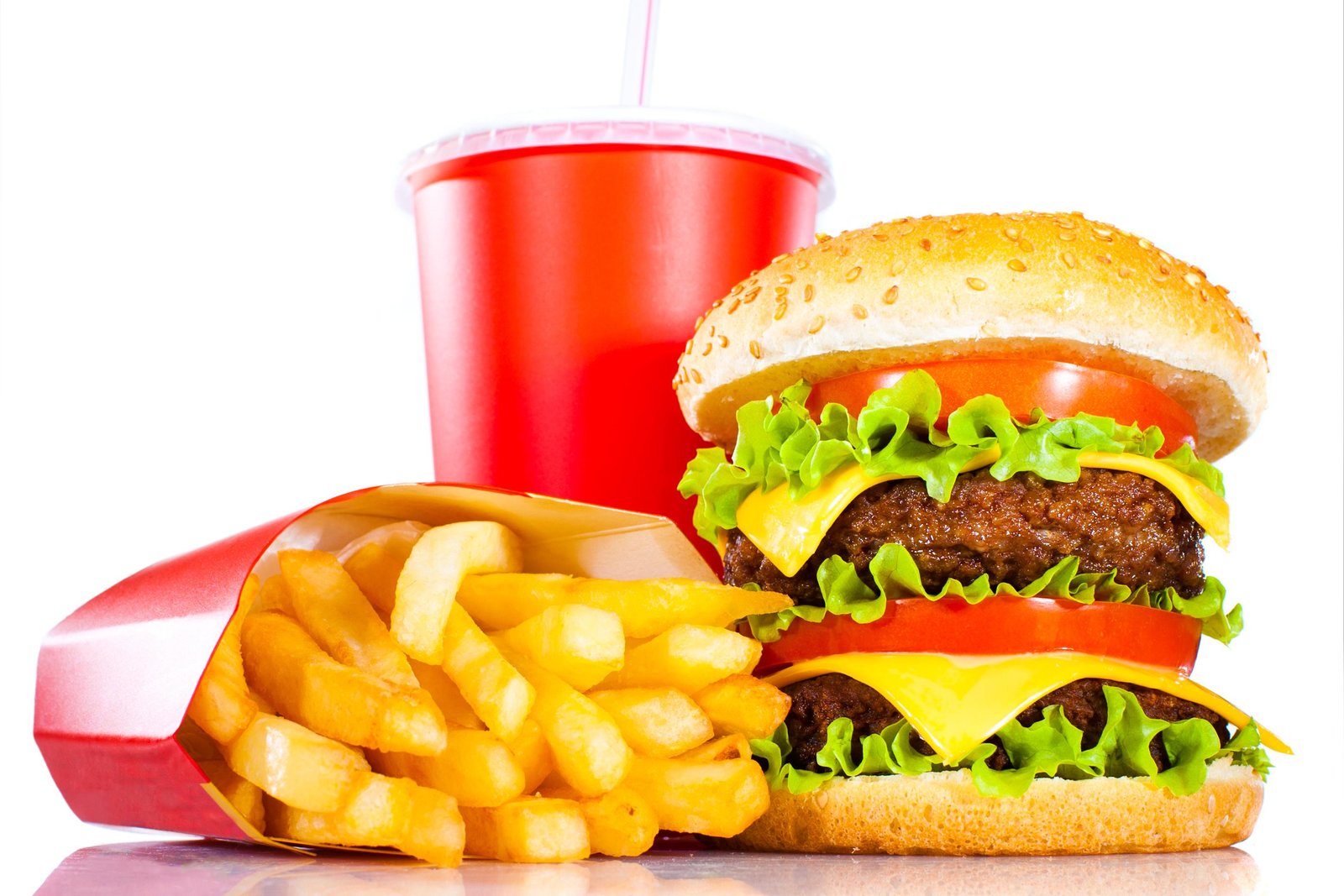
January 17, 2018 | Science News
German scientists link fast food with immune system activity
The researchers noted that the body responds aggressively to bacterial infections and acts in a similar manner with fast food consumption. A group of scientists from the University of Bonn…
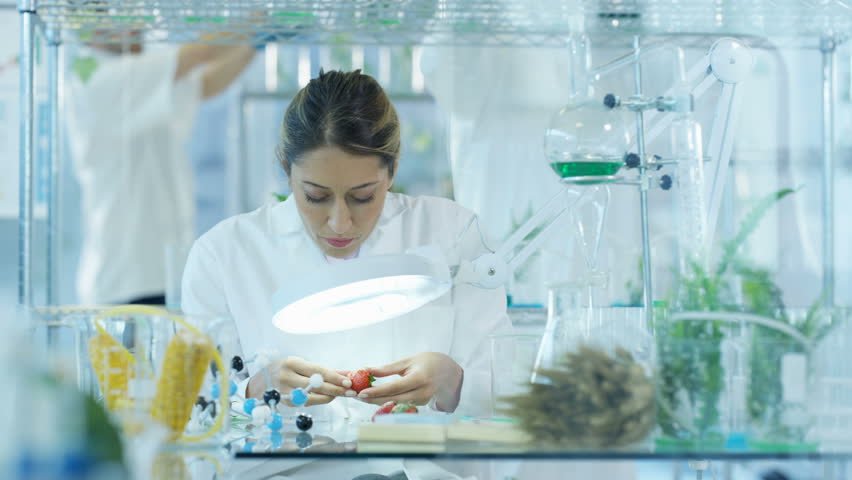
January 5, 2018 | Science News
US researchers discover a drug for shrinking fat
The drug significantly reduces body weight and blood cholesterol levels without lowering food intake in obese mice. A group of researchers from The University of Texas Medical Branch at Galveston…
Technology
Ingredion Thailand Achieves 100% Sustainably Sourced Cassava
Feb 27, 2026 | Company News
Deakin University and Bellarine Foods Partner to Develop Sustainable Marine-Derived Proteins
Feb 26, 2026 | Australia
Royal Unveils Refreshed Jute Bag Design for 20lb Authentic Basmati
Feb 25, 2026 | Company News
Food Testing
Australian Medical Bodies Push for Compulsory Health Star Labelling
Feb 24, 2026 | Australia
Tim Hortons Singapore Secures Majlis Ugama Islam Singapura Halal Certification Ahead of Ramadan
Feb 23, 2026 | Company News
More Popular
Arla Foods Invests EUR 300Mn in New Cheese Dairy in Sweden
Feb 27, 2026 | Company News
Beyond Meat Broadens Portfolio Beyond Protein with Sparkling Plant-Based Drink Line
Feb 27, 2026 | Beverages
Prinova to Spotlight Nutrition Innovations at Natural Products Expo West 2026
Feb 27, 2026 | Company News






